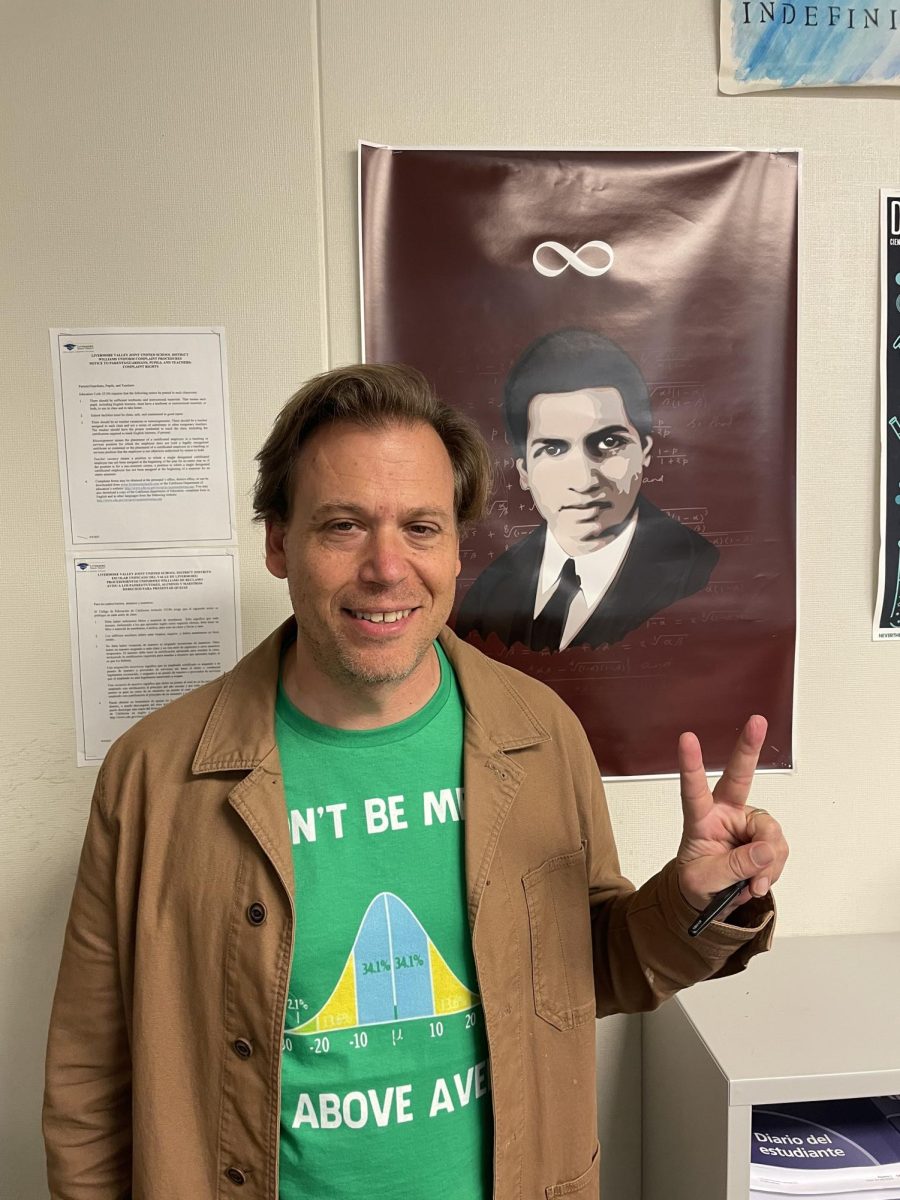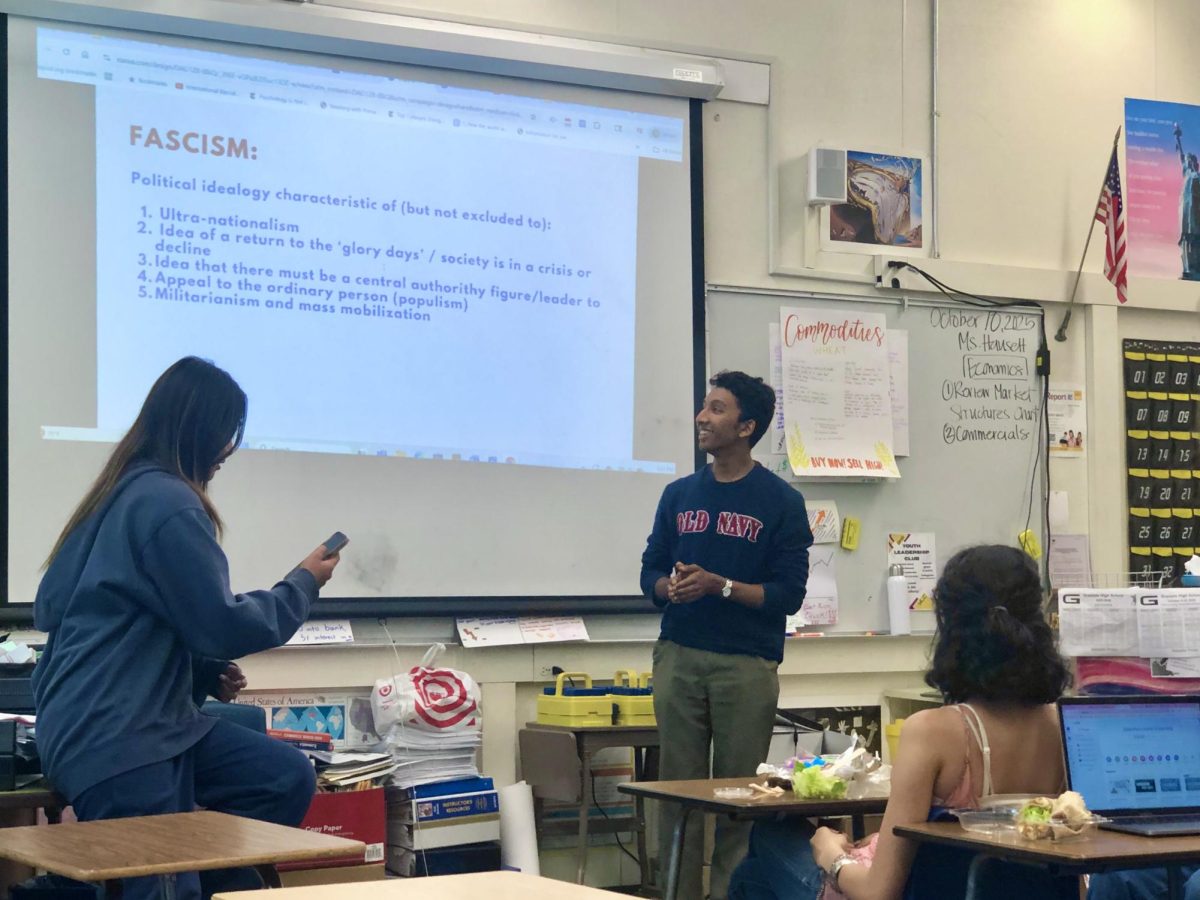Going into the 2025-2026 school year, the Granada High School administration made the decision to cut its theater class due to declining enrollment. With the course no longer being offered, Mr. Watts and the theater program have shifted entirely to an afterschool schedule, which is more flexible, but does not reward students with credits for their effort.
The decline in enrollment was not a new issue.
When speaking with Mr. Watts, the head of Granada’s theater department, he said, “Ever since Covid, I’ve had to be careful with the shows I do,” due to a steady decline in available actors.
In later years the problem has become more pronounced. “Now I can only do large shows if they have super big name draws,” said Watts.
Watts also noted that, “With the trimester system, students had the opportunity to take more classes,” but also clarified that the problem is, “not so much the schedule as it is just how much is required for students going on to college.”
Regardless of the causes, the results are clear. “I saw the numbers last year… I would agree they were too small to run a class,” said Watts.
Fortunately for all those who are interested in theater, there is an alternative. Mr. Watts also runs an after school theater program. While this previously ran parallel to the official course, it is now the entirety of the program. The reason that the after school program has remained while the course has not is due to its flexibility.
Watts explained that students can choose to participate in the performances that interest them without having to dedicate a whole period to a course. When asked if the decline was seen in the afterschool program as well, Watts said, “That kind of depends on the show. When I did A Christmas Story I had people coming out of the woodworks for it, but when I do a small show… I barely get enough auditioners to fill the roles.”
Speaking positively about the after school arrangements, Watts also added, “one of the advantages is that if we wanted to, we could say ‘no rehearsal today’ whereas if it was a class, we have to meet every day,” but he was quick to clarify his position: “Putting on the school is a ton of work, and these students don’t get any credits for it, and they really should.”
Mr. Watts said that a compromise he was hoping to see was a theater class in the B period.
“It would be a little more rigid; we would have to be there everyday, but it would give the students the credits for being there. I do think there is compromise, and I would have loved to have seen that be a B period class… People just don’t have the time, but a B period being outside the school day would have been the best answer for that,” said Watts.
With that said, Watts also recognized the potential financial drawbacks to such a plan.
“If I’m teaching a B period class and my full five periods, they would have to pay me a little bit more.”
Ultimately, the problem is multifaceted, and there is no immediate solution. A declining willingness to participate in the arts and rising pressures to tighten school budgets are wide-arching problems, and the results are being seen within and beyond the theater program.



























